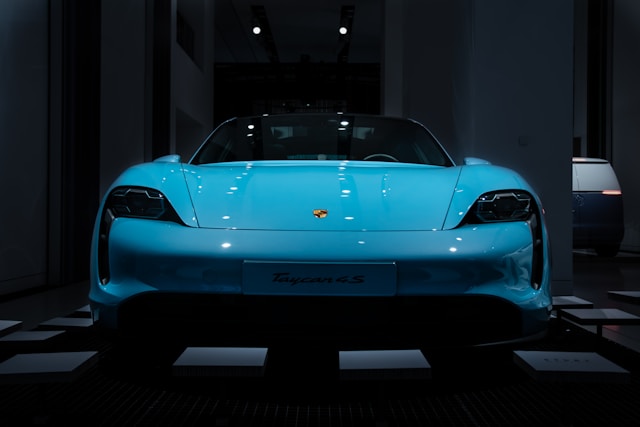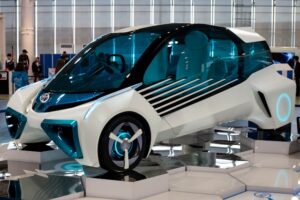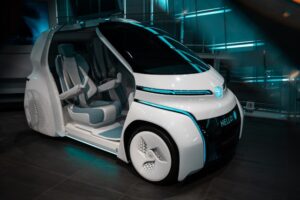“Hydrogen Cars: The Key to Overcoming the Limitations of Electric Vehicles”

The rapid growth of electric vehicles (EVs) has sparked excitement about the future of green transportation, but hydrogen cars could hold the key to overcoming some of the inherent limitations of EV technology. From range anxiety to energy storage challenges, hydrogen vehicles offer solutions that could make them the better choice for a sustainable and efficient future.
Addressing Range Anxiety
Range anxiety is a common concern among potential EV buyers, who worry about the limited driving range of electric cars and the availability of charging infrastructure. While EV ranges are improving, they are still limited compared to traditional gasoline-powered vehicles, and charging stations are not as ubiquitous as gas stations.
Hydrogen cars, on the other hand, offer a driving range that is much closer to that of conventional vehicles. With the ability to travel 300-400 miles on a single tank, hydrogen cars provide the peace of mind that comes with knowing you can cover long distances without worrying about finding a charging station. This advantage makes hydrogen vehicles particularly appealing to drivers who frequently travel long distances or live in areas with limited charging infrastructure.
Solving the Charging Time Problem
One of the significant limitations of electric vehicles is the time it takes to charge the battery. Even with fast chargers, recharging an EV can take 30 minutes to an hour to reach 80% capacity, which is still considerably longer than the time it takes to refuel a gasoline car. This delay can be inconvenient, especially on long trips where multiple charging stops are required.
Hydrogen cars eliminate this issue with their fast refueling times. Filling up a hydrogen car takes just 3-5 minutes, similar to refueling a traditional car. This quick turnaround makes hydrogen vehicles a more practical option for drivers who value efficiency and time savings, particularly on long journeys or in regions where charging infrastructure is less developed.
Overcoming Energy Storage Challenges
Electric vehicles rely on large batteries to store energy, which presents challenges in terms of weight, cost, and resource use. Batteries are heavy, which can impact the vehicle’s efficiency and performance, and they are expensive, contributing to the higher upfront cost of EVs. Additionally, the production and disposal of batteries pose environmental challenges, including the need for mining and the generation of electronic waste.
Hydrogen cars, however, use lightweight fuel cells to generate electricity on demand, rather than storing large amounts of energy in batteries. This difference allows hydrogen vehicles to be lighter and more efficient, reducing the strain on the vehicle’s components and improving overall performance. Moreover, hydrogen can be stored and transported more easily than electricity, making it a flexible and scalable energy solution.
Environmental and Resource Considerations
While both hydrogen cars and electric vehicles are designed to reduce emissions and reliance on fossil fuels, hydrogen cars offer additional environmental benefits. The production of hydrogen can be accomplished using renewable energy sources, leading to a low-carbon fuel that emits only water vapor when used. This potential for green hydrogen production makes hydrogen cars a more sustainable option in the long term.
Furthermore, hydrogen fuel cells do not require the same rare earth metals and minerals needed for EV batteries, reducing the environmental and social impacts associated with mining these materials. This resource efficiency positions hydrogen cars as a more sustainable and ethically responsible choice for the future of transportation.
Conclusion
Hydrogen cars present a compelling case as a superior alternative to electric vehicles, particularly when it comes to overcoming the limitations of EV technology. With their longer range, faster refueling times, and solutions to energy storage challenges, hydrogen vehicles offer practical advantages that make them a viable option for the future of green transportation. As
the automotive industry continues to evolve, hydrogen cars could emerge as the key to addressing the shortcomings of electric vehicles and driving the next wave of sustainable innovation. Whether it’s range, refueling speed, or environmental impact, hydrogen cars present a promising solution for those seeking a practical and sustainable alternative to traditional electric vehicles.

